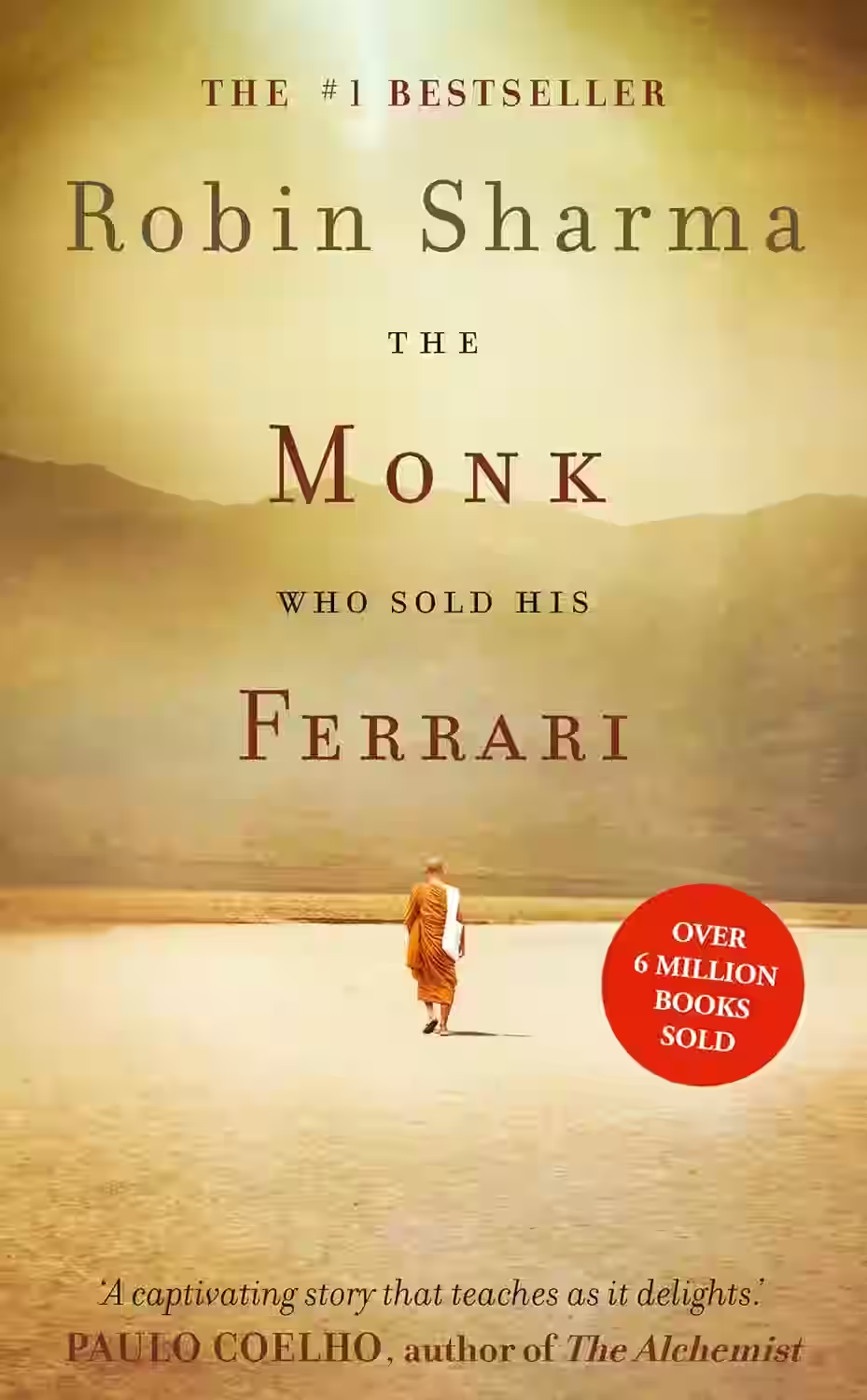
This inspiring tale provides a step-by-step approach to living with greater courage, balance, abundance, and joy. A wonderfully crafted fable, The Monk Who Sold His Ferrari tells the extraordinary story of Julian Mantle, a lawyer forced to confront the spiritual crisis of his out-of-balance life. On a life-changing odyssey to an ancient culture, he discovers powerful, wise, and practical lessons that teach us to:
About Robin Sharma
A Canadian leadership expert, motivational speaker, and author, celebrated for his influential books on personal mastery, productivity, and leadership. His best-known work, The Monk Who Sold His Ferrari, offers timeless wisdom on living a fulfilling life through a captivating fable. Sharma's teachings emphasize daily rituals, self-discipline, and consistent personal growth to achieve success and make a positive impact, inspiring millions globally to reach their highest potential.
Other Books by Robin Sharma
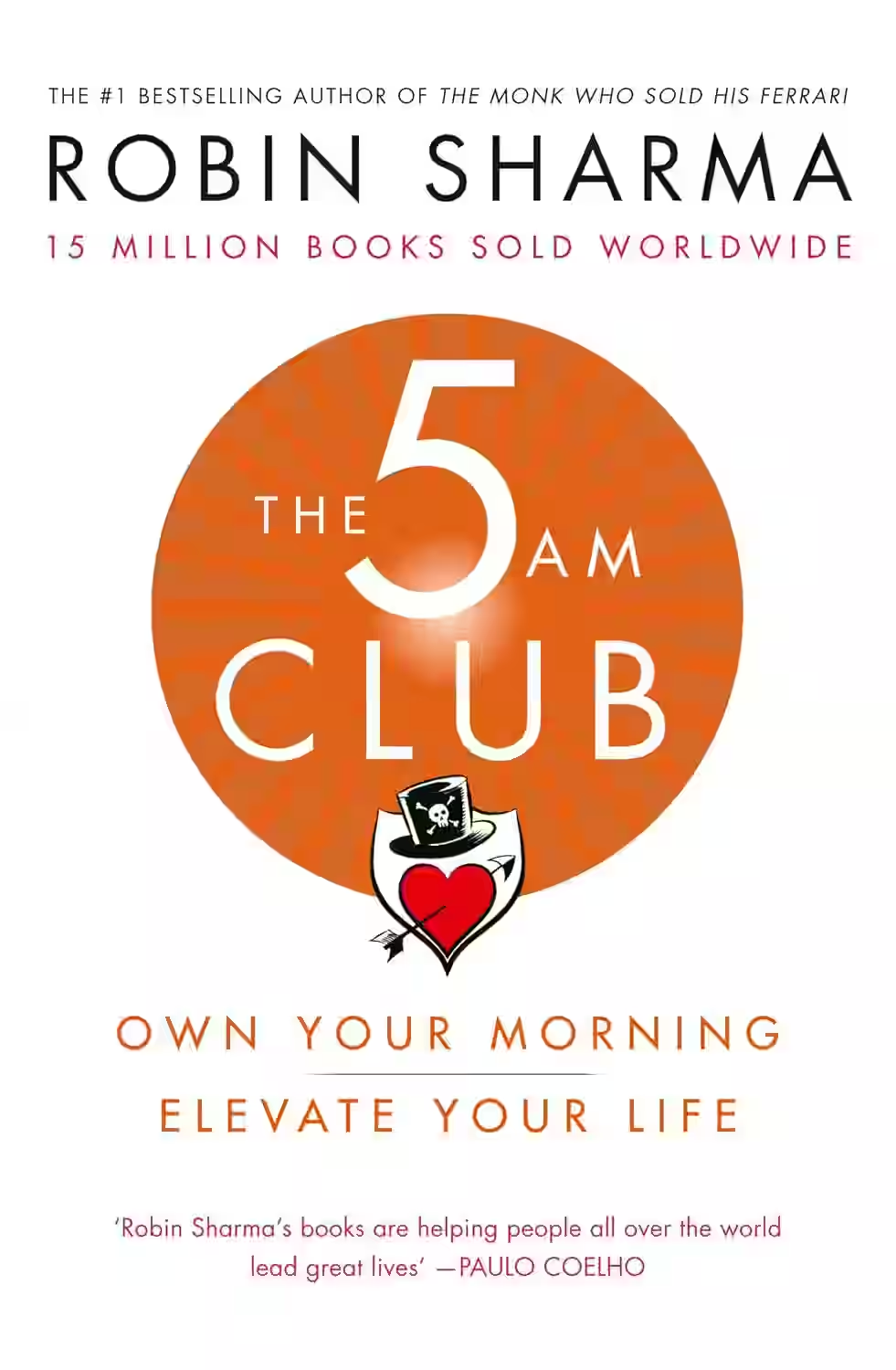
The 5am Club
by Robin Sharma
Written by Robin Sharma, The 5am Club promotes waking early to enhance productivity, creativity, and personal development. Through a fictional narrative involving a billionaire mentor and two struggling professionals, the book outlines a structured morning routine called the 20/20/20 formula—20 minutes of movement, 20 minutes of reflection, and 20 minutes of learning. Sharma blends motivational philosophy with time management and wellness strategies. Aimed at ambitious individuals seeking transformation, the book encourages discipline, solitude, and early rising as keys to maximizing success and well-being.
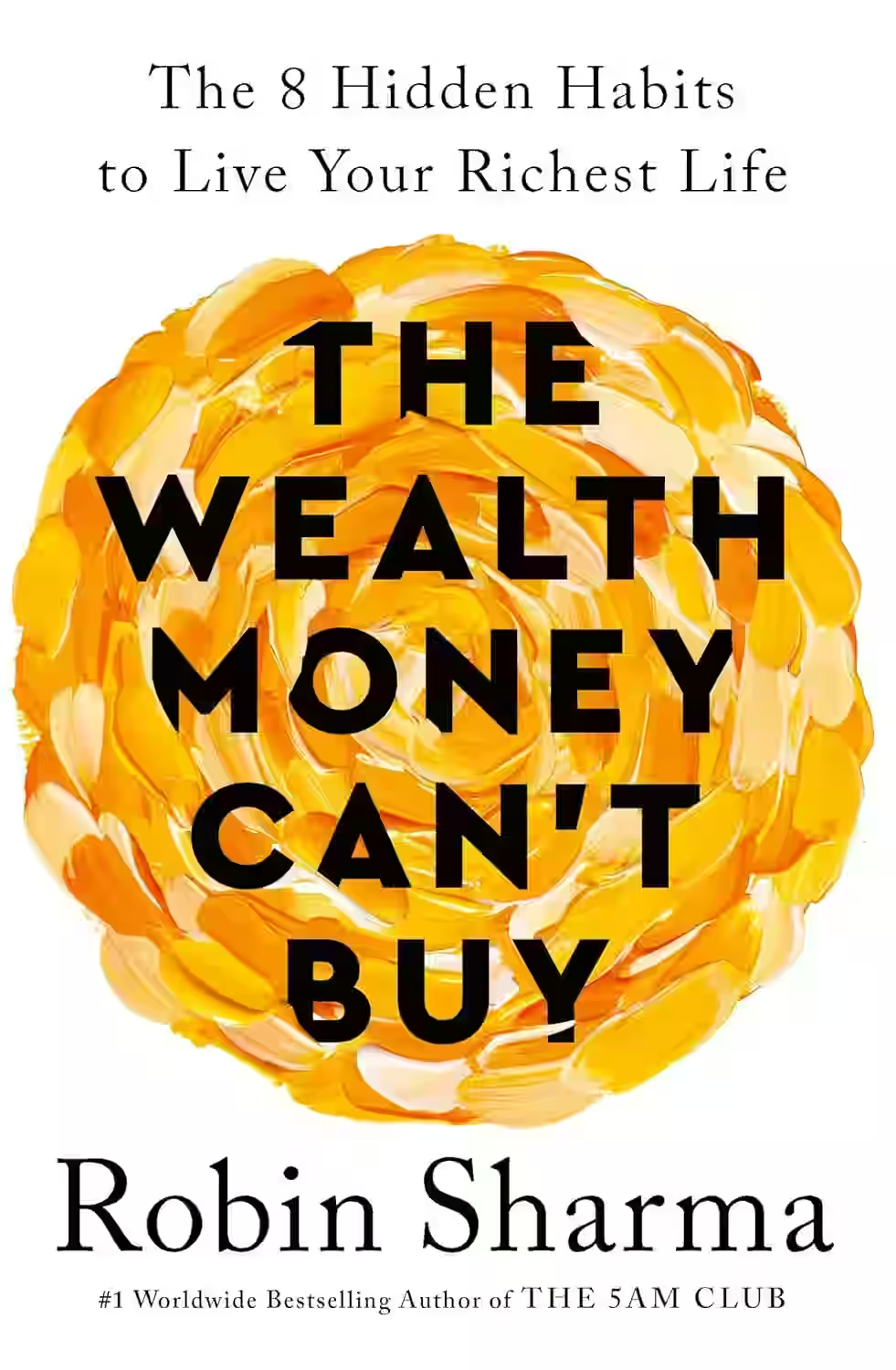
The Wealth Money Can't Buy
by Robin Sharma
Robin Sharma’s The Wealth Money Can’t Buy redefines success by focusing on inner fulfillment rather than material gain. Drawing from leadership principles, spiritual teachings, and self-mastery practices, Sharma outlines seven forms of wealth—ranging from personal vitality and freedom to impact and character. The book serves as a roadmap for a meaningful life rooted in authenticity, purpose, and contribution. Through parable and reflection, it challenges readers to pursue a legacy of richness beyond money, aligning values with daily action.
Similar Books
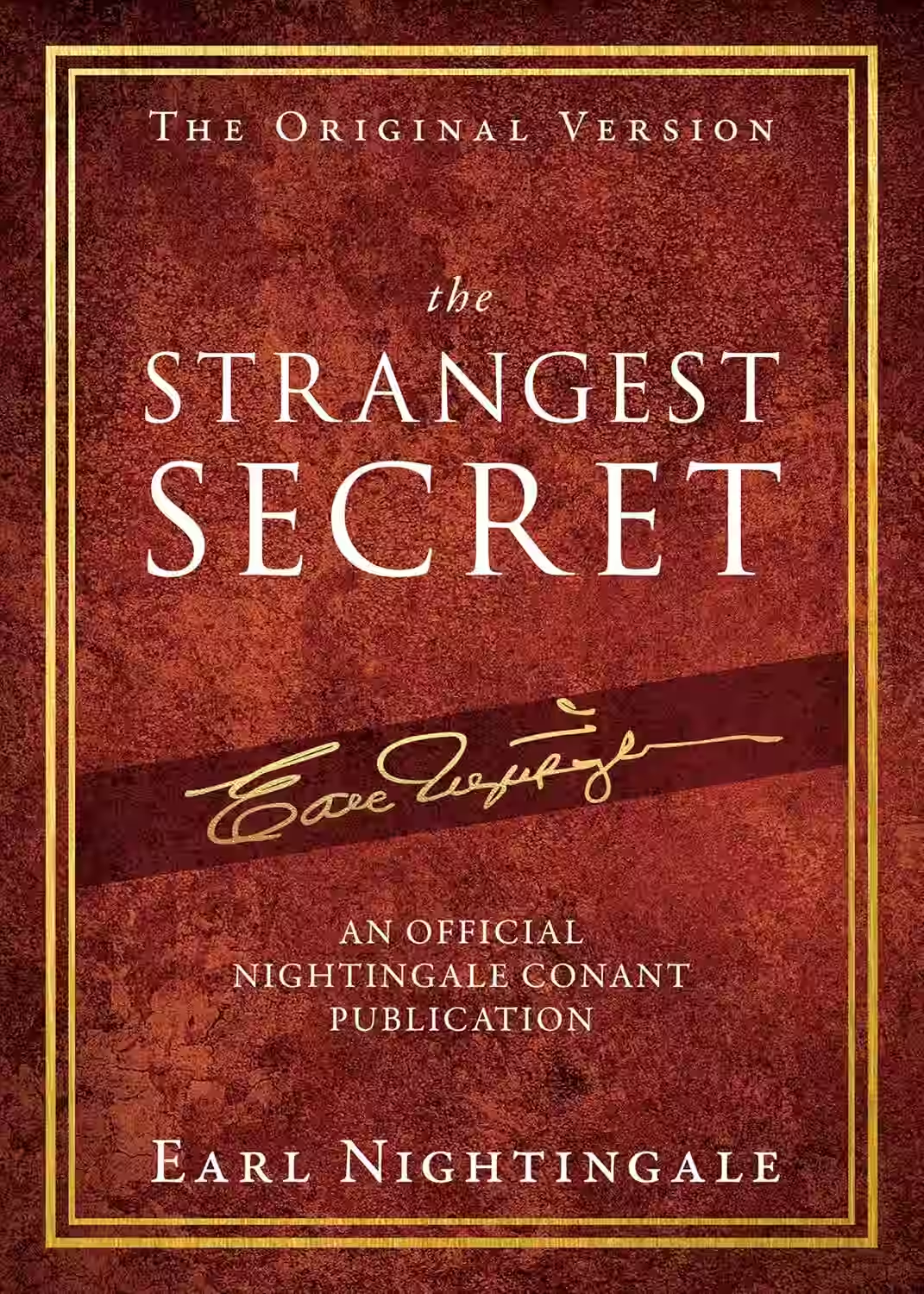
The Strangest Secret
In 'The Strangest Secret,' Earl Nightingale reveals the fundamental principle of success - we become what we think about. Through a concise and powerful message, Nightingale implores readers to harness the power of their thoughts and focus on their goals. He emphasizes the importance of setting a clear direction in life, maintaining a positive attitude, and taking consistent action towards one's aspirations. Nightingale's timeless advice serves as a guide for personal development, encouraging readers to unlock their full potential and achieve their dreams. This classic self-help book inspires readers to cultivate a success-oriented mindset and seize control of their destinies.
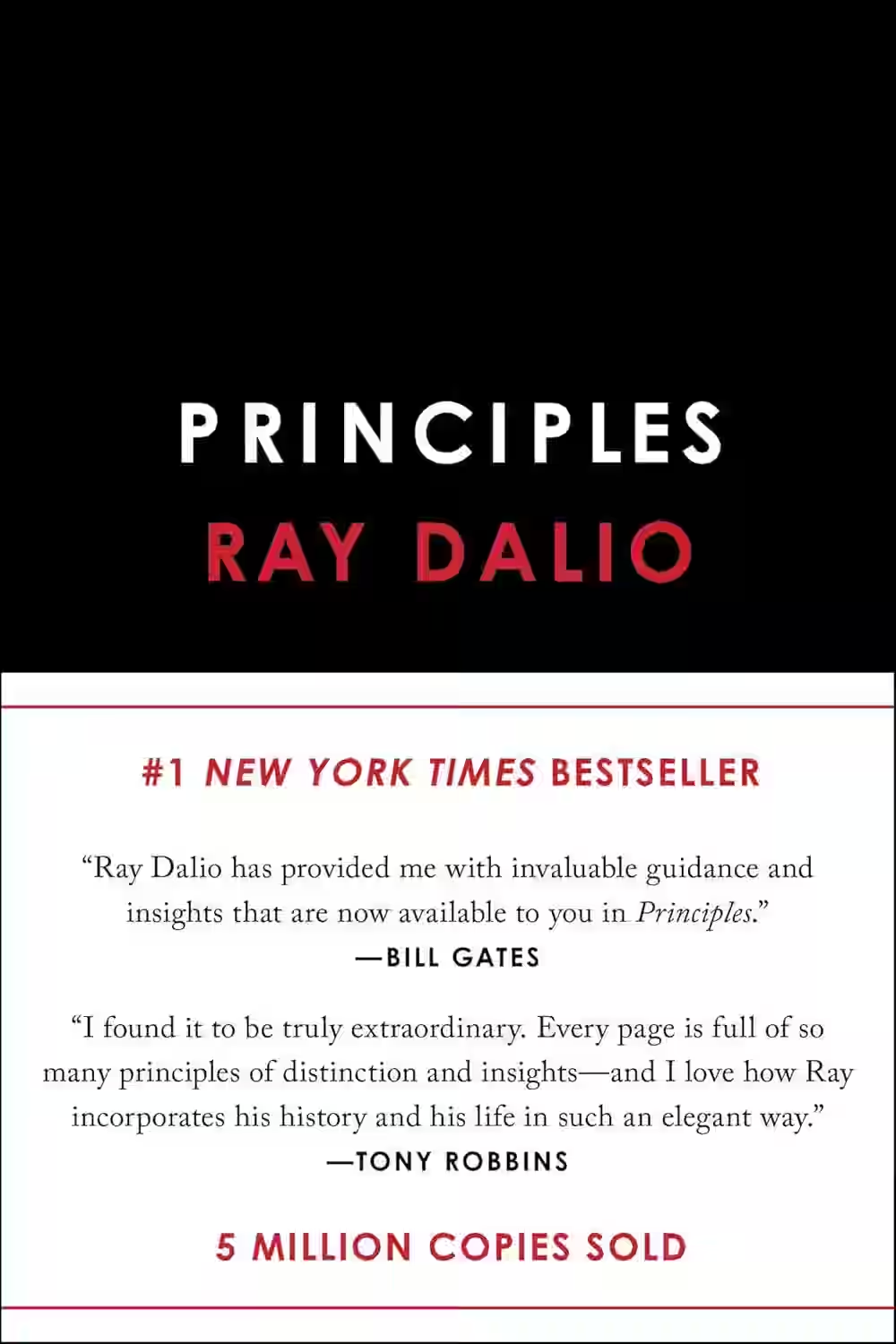
Principles
by Ray Dalio
In Principles, billionaire investor Ray Dalio shares the core life and work principles that guided him in building Bridgewater Associates into one of the world’s largest hedge funds. The book is split into three sections: a personal journey, life principles, and work principles. Dalio emphasizes radical transparency, meritocracy, and continuous learning. He advocates for clear decision-making frameworks and a systematic approach to solving problems. Combining autobiography, management philosophy, and practical advice, Principles serves as a handbook for both personal growth and organizational excellence. It's especially relevant for leaders, investors, and anyone seeking to improve decision-making through reflection and structure.
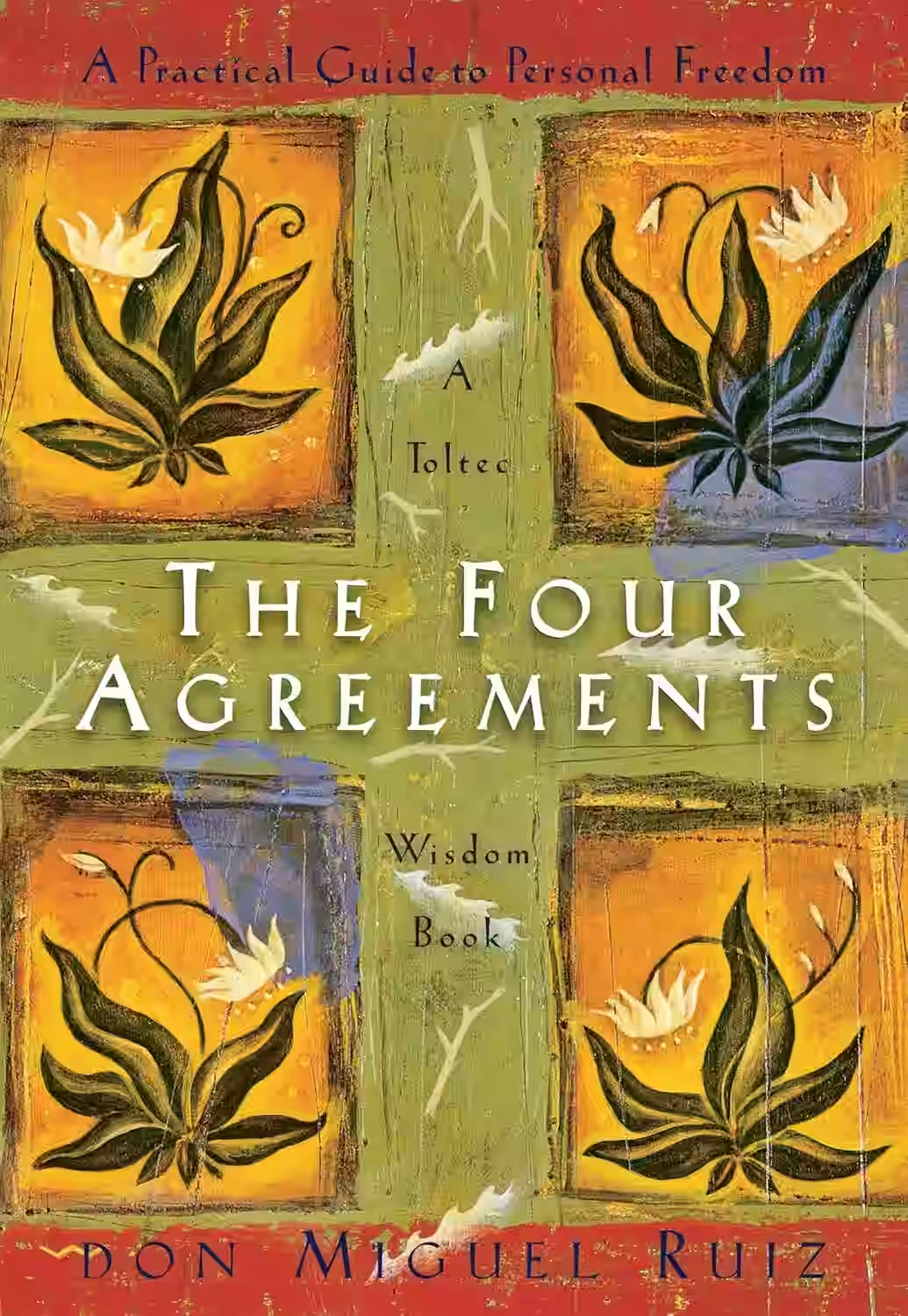
The Four Agreements
In The Four Agreements, Don Miguel Ruiz presents a code of conduct based on ancient Toltec wisdom, aiming to help individuals achieve personal freedom and happiness. The four agreements are: be impeccable with your word, don't take anything personally, don't make assumptions, and always do your best. Ruiz explains how these principles can transform one's life by breaking self-limiting beliefs and fostering a sense of peace and purpose. The book offers a practical guide to personal growth and spiritual enlightenment.
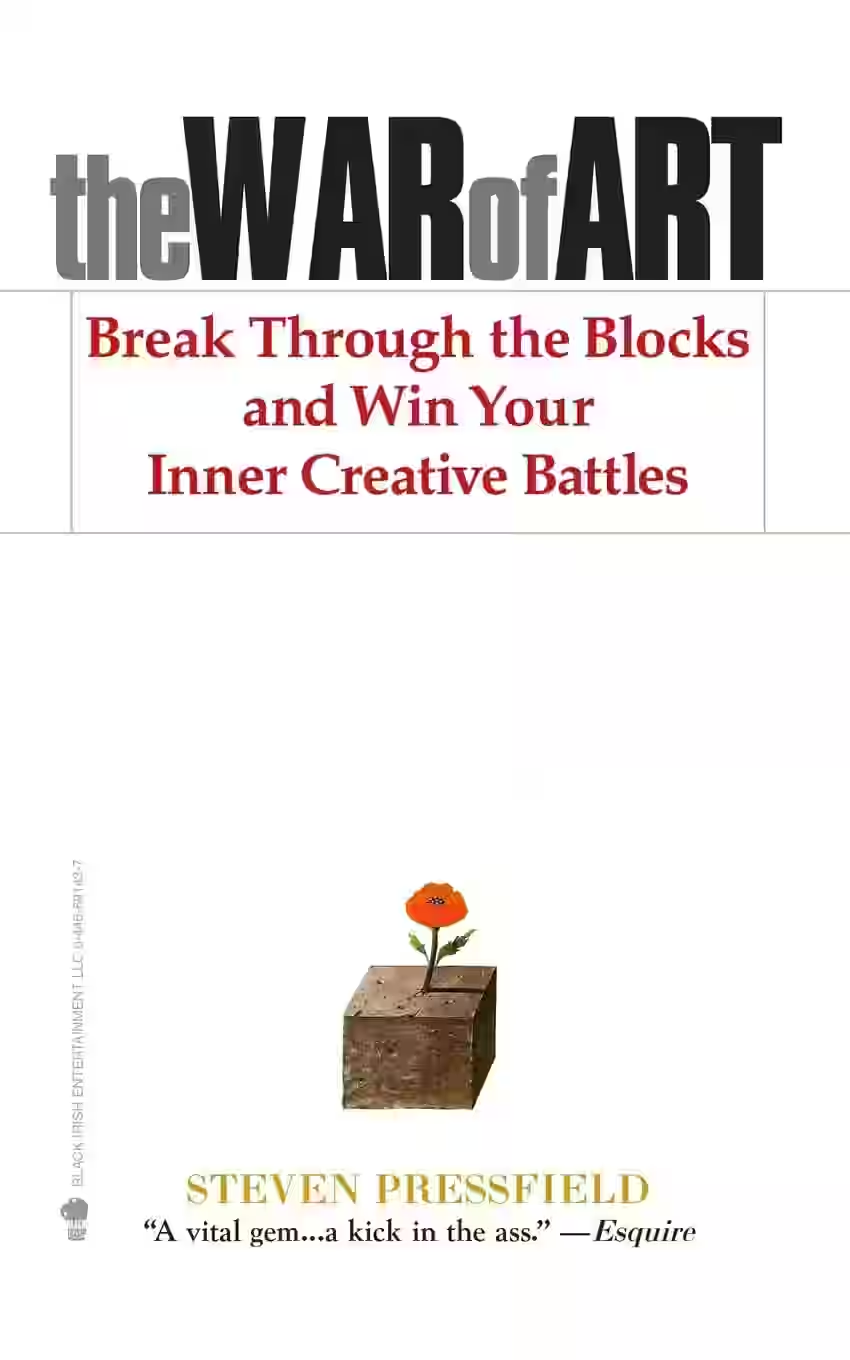
The War of Art
The War of Art is a motivational call to overcome the internal resistance that blocks creativity and achievement. Steven Pressfield breaks the creative struggle into three sections: identifying resistance, turning pro, and embracing higher purpose. He argues that fear, procrastination, and doubt are universal forces that sabotage our potential, and success requires discipline and persistence. Blending personal anecdotes with spiritual undertones, Pressfield challenges readers to treat creative work as a daily practice. The book is especially resonant for writers, artists, and entrepreneurs, offering tough love and encouragement to push through fear and self-sabotage in pursuit of meaningful creation.